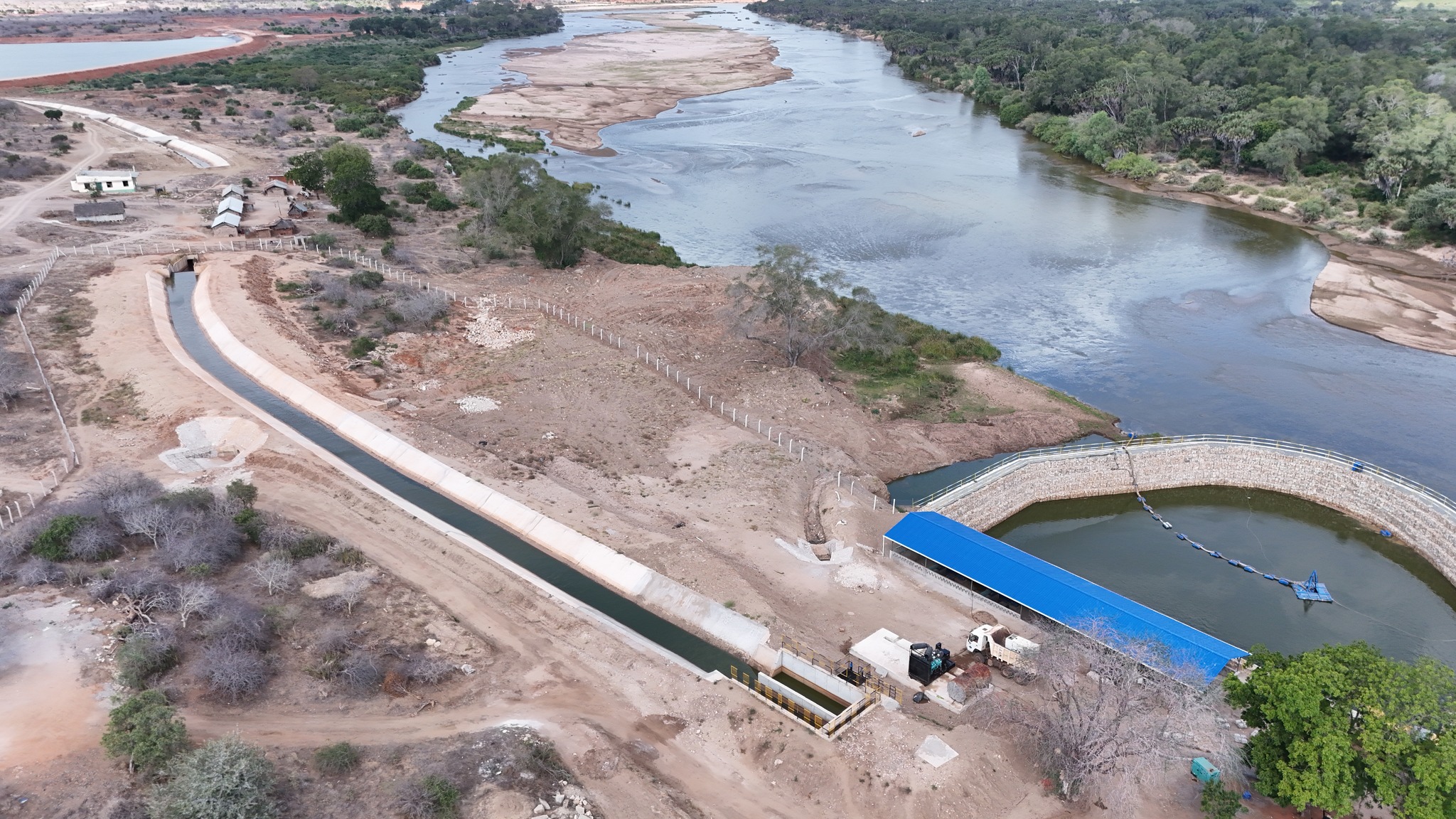A new report by the global environmental disclosure platform CDP has revealed that African businesses acting on climate risk data could unlock vast economic gains while strengthening resilience against climate shocks.
The 2024 analysis of nearly 25,000 corporate disclosures found that every dollar invested in mitigating physical climate risks could yield up to KSh 2,740 in returns, with the average return at seven times the investment.
Companies worldwide that disclosed environmental opportunities collectively unlocked KSh 572 trillion in value last year, while about KSh 1.72 quadrillion in potential gains remain untapped.
For Africa, the stakes are especially high. The continent is already losing 2–5% of GDP annually to climate impacts, and adaptation costs are projected to reach Ksh 3.9–6.5 trillion per year this decade.
Without decisive action, global climate damages could hit KSh 4.94 quadrillion annually by 2050, with the hardest blows falling on low- and middle-income regions like Africa.
The report notes that Africa’s policy environment is rapidly evolving to support green investment. Ghana, Kenya, Nigeria, Tanzania, and Zambia have announced plans to adopt the International Sustainability Standards Board (ISSB) reporting framework, aligning local companies with global best practice.
South Africa’s Johannesburg Stock Exchange has issued climate and sustainability guidance, while Kenya has introduced a Green Finance Taxonomy and Climate Risk Disclosure Framework to direct cheaper capital toward verified green projects.
CDP’s findings show that Africa’s most promising areas for climate investment align with its most vulnerable sectors.
-
Energy: Distributed renewable energy and battery storage can replace costly diesel power and reduce grid instability.
-
Agriculture: Drought-resistant seeds, efficient irrigation, and cold-chain logistics can cut losses, expand market reach, and boost climate resilience.
-
Nature-based solutions: Mangrove restoration and watershed protection can lower insurance costs and protect infrastructure, provided they have strong monitoring and community backing.
The capital markets are proving that credible climate disclosure can attract investment. Nigeria pioneered Africa’s sovereign green bonds in 2017 and is preparing a KSh 6 billion third issuance in 2025.
Egypt has used green bond proceeds for clean transport and water infrastructure.
These examples show how reliable data paired with clear project pipelines can draw both domestic and international funding.
Despite the progress, gaps remain. While 90% of large companies disclosing to CDP assess environmental risks, fewer than half have developed climate transition plans.
Without such plans, risk assessments remain static documents instead of catalysts for investment and operational change.
CDP warns that climate disclosure must move beyond compliance to become a strategic tool for African companies.
Done right, it can map investment opportunities, secure better financing terms, and boost long-term competitiveness.
“The disclosure dividend is real,” the report concludes.
“For Africa, the prize is not just profitability but a stronger, more climate-resilient economy. The next decade will reveal which companies seize that chance and which let it pass them by.”

